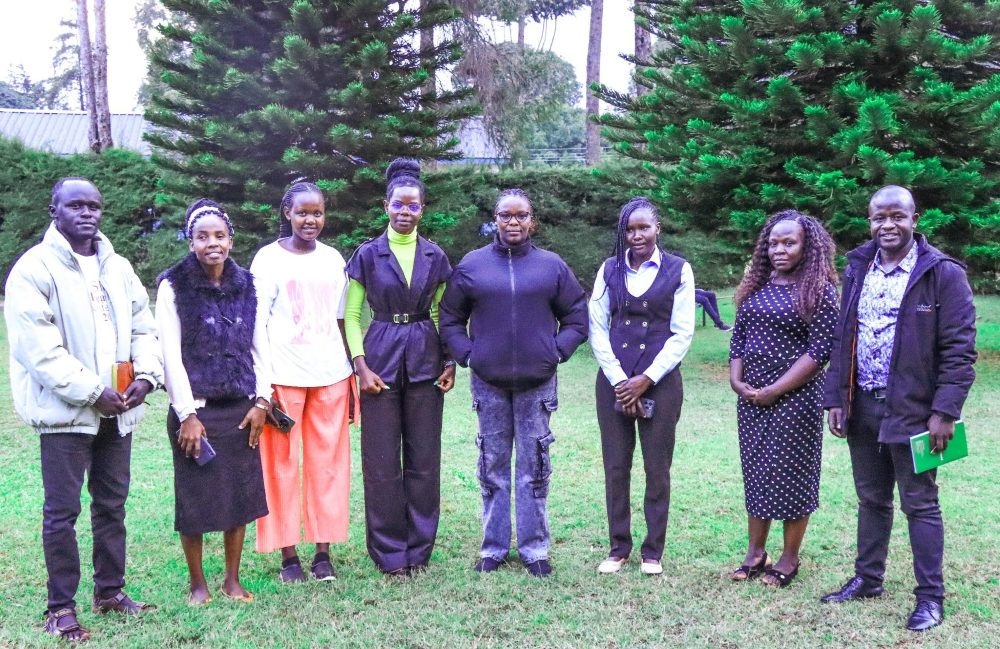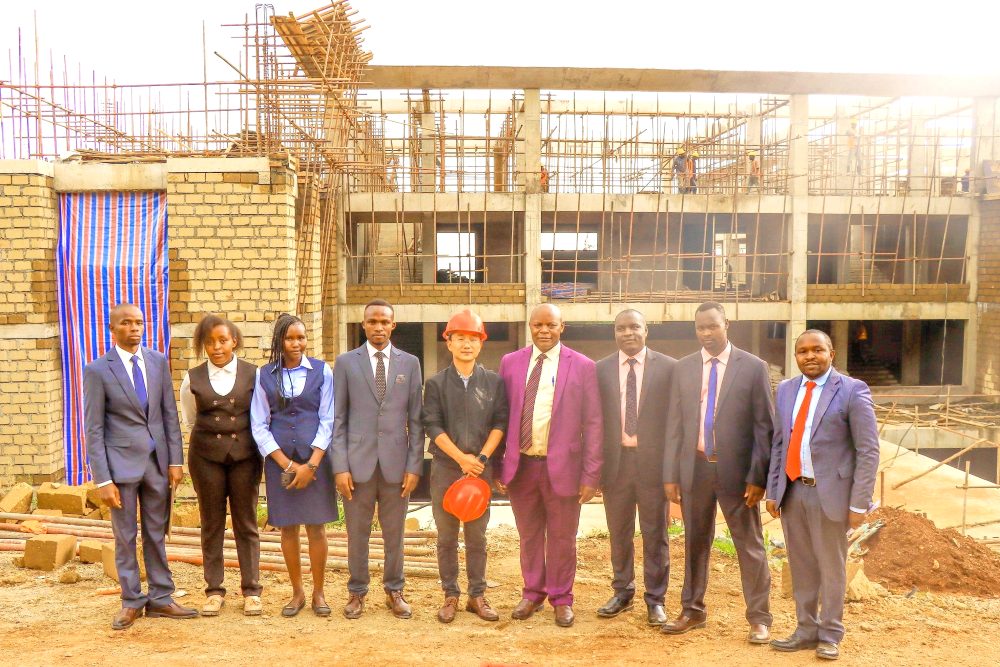Kajiado County journalists have been challenged to be on the front-line in supporting projects that are advocating for climate change mitigation in Kenya.
The journalists who attended a two days training in the county were taken through Climate Smart Agriculture which is implemented by Arid Lands Information Network (ALIN) in conjunction with the county government of Kajiado.
ALIN Regional Coordinator James Nguo said stakeholders have to partner to address the effects of climate change, he said they train the community on ways of addressing the issues.
Drought and famine have greatly affected the region and the Maasai community doesn’t rely on pastoralism anymore.
Aline which sponsored the training has come up with Climate Smart Irrigation systems that advocate the use of climate-smart solar-powered drip irrigation systems to address water shortage and increase productivity.
Regions in the county that depended on rain-fed agriculture are no longer producing agricultural foodstuff due to drought and Smart Climate Agriculture is the way to go.
Nguo says the project allows the use of very little water and reduces farming costs.
The adaptation of the solar-powered irrigation system will increase agricultural productivity and build resilience to climate change risks for 360 households, the organization has already put up four demonstration farms around Kajiado County.
The organization is also advocating for increased budgetary allocation from the county to climate-smart agriculture.
Kajiado County Media Association chair Peterson Githaiga said journalists should not be left behind when it comes to decision-making on key matters such as climate change mitigation.
They can be involved in creating awareness on mitigation of climate change in the community that has suffered a lot through drought caused by climate change.
George Kimiti a director in the county Department of Environment Kajiado County government said he will continue providing climate change mitigation information to journalists he said everyone must be involved to address climate change effects.
The director said the county has policies and laws that address climate change and the community should support the govt in implementing them, one of the policies is a water harvesting policy that requires every household to harvest water
The county will also register charcoal burners to give them alternative means of earning through selling tree seedlings.
Kajiado County is 97,565 with crops farmers being 45,954 and 12,207 are involved in irrigation while the area under agricultural land is 834,874 hectares.
Subsistence farming consists of 689,557 hectares while 82,923 hectares are used for commercial farming.
By Obegi Malack
Get more stories from our website: Education News
To write to us or offer feedback, you can reach us through: editor@educationnews.
You can also follow our social media pages on Twitter: Education News KE and Facebook: Education News Newspaper For timely updates.






